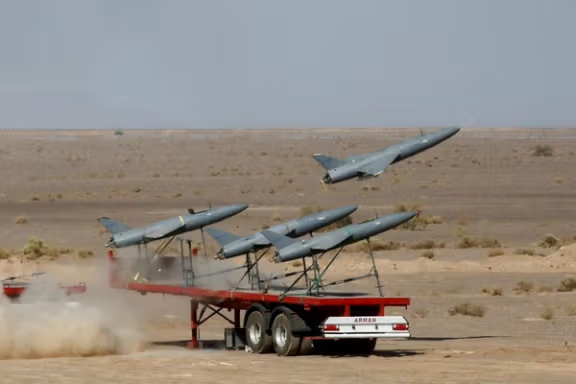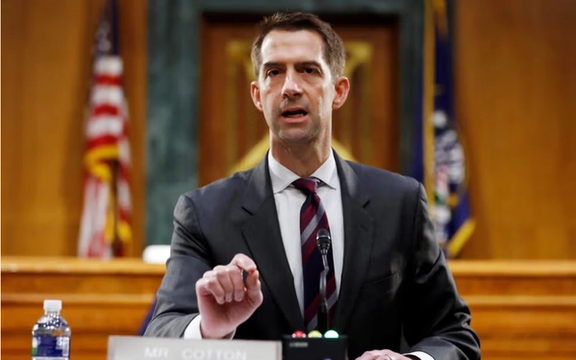Both sides agreed to pursue discussions aimed at addressing nuclear disputes, including the snapback mechanism, according to domestic outlets.
At the same time, Iranian newspapers highlighted that Tehran insists on security assurances before entering a new round of negotiations.
Deputy foreign minister Majid Takht-Ravanchi told a Turkish outlet: “Before starting new talks with the United States, we must be sure we will not face similar attacks again.”
Referring to recent Israeli and American strikes, he said such actions were “a betrayal of diplomacy.”
“We do not want to see the same play staged again. The United States must convince us this time that it will not act in this way.”
Disputes over enrichment and sanctions
Takht-Ravanchi described a recent meeting with the European troika, saying the talks were held at deputy-minister level and focused on nuclear technical issues and sanctions relief.
“Enrichment is an inseparable part of any agreement, and zero enrichment is unacceptable to us,” he said, saying Iran’s program is peaceful and could be explained to the international community.
He also said that recent attacks had caused serious damage to nuclear facilities, though assessment was the Atomic Energy Organization’s responsibility.
IAEA details stockpile growth
A confidential report by the International Atomic Energy Agency leaked to reporters on Wednesday highlighted three main findings.
First, Iran sharply increased its stockpile of uranium enriched to 60%, holding 440.9 kilograms before Israel’s June 13 attack, well above the 42 kilograms the agency says could, if further enriched, provide material for a bomb.
The report also noted Iran’s overall enriched uranium stockpile reached nearly 10,000 kilograms, an increase of more than 600 kilograms since May.
Second, the agency said inspectors have not been able to verify Iran’s near bomb-grade material for over two months, which it described as “a matter of serious concern.” Since July, when President Masoud Pezeshkian signed a law suspending all cooperation, the only inspected site has been the Bushehr power plant.
Third, the report said Iran has offered a “new arrangement” that would limit inspections to case-by-case approvals and delay access to bombed sites. IAEA chief Rafael Grossi warned Tehran that any such arrangement must conform with its safeguards obligations under the Non-Proliferation Treaty.
European contacts falter
In parallel, a call by Foreign Minister Abbas Araghchi with the three European countries ended without progress.
Iranian media reported that negotiations with the European trio will continue, though the timing and venue are undecided. Takht-Ravanchi called Turkey a preferred location, thanking Ankara for hosting previous sessions.
The IAEA report circulated just as France, Germany and the United Kingdom began the snapback process on August 28, which could reimpose UN sanctions within a month.
European governments said they may extend the deadline if Iran resumes direct talks with Washington, allows inspectors access, and clarifies its stockpiles. For now, those conditions remain unmet.









